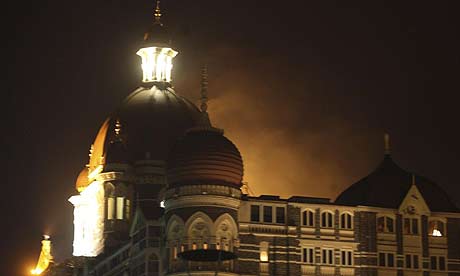India – A land of enormous lingos, customs and religions fall invariably become united for 'Cricket'. Perhaps, some could wonder why cricket isn't picked as National Game since passion for this sport goes insatiable amongst millions here. Be a top-charting tycoon or a hapless chap, there are on with more enthuses when there's India in stadium. Of course, here our Meera of that same sort for who cricket is larger than her life itself. She is so adhered with the sport that she cannot afford to miss the game on her day of engagement. Don't mistake by these vistas, it's a film dedicated to bats 'n' balls. It's a genre of romance all throughout and lacks solidity from-alpha-till-omega. Well, these days we happen to spot filmmakers brimmed on with new innovative motifs. But appearing on the screen, they're disappointing with ill-timed narration. Naturally, Meera Bhai Not Out is off that sort where a novelty of filmmaker Chandrakanth Kulkarni gets spoilt by Soumik Sen's screenplay. Meera Achrekar (Meera Bhai), a mathematics teacher at Vishwaprem Vidyalaya, has been a happy single for quite a while now. The great love of her life has been, and will always remain, cricket and Anil Kumble. The meticulous number cruncher is, despite not being the classic eye-candy-teenage-fantasy-fodder, a huge hit in class. And that's because Meera, unlike most teachers of her school, is more fanatical about her religion, cricket than even the school cricket captain!
Living with her family in their small home in a Mumbai chawl, Meera was initiated into her temple of Wankhede Stadium by her brother, Manoj (Mahesh Manjrekar). Manoj Anant Achrekar played cricket at the Ranji Trophy level. Sadly, middle class making-ends-meet economics got the better of the impressive Maharastrian leggie, and passion had to make way for responsibility. Mahesh is today a cricket cynic. While Meera bunks classes and fights for season tickets to every cricket match that is played at Wankhede Stadium, Mahesh even steers clear off cricket scores!
While the folk at Bhaktiyog Society have cast aspersions on her craze towards the game, the bigger problem that worries the Achrekar family is Meera's still-single status. Love suddenly blossoms with heart-specialist, Dr Arjun Sachdeva (Eijaz Khan) and Meera realizes that perhaps there is more to life than praying for Team India and Anil Kumble! However, in between this fabulous exchange of text messages, Valentine's Day outings and walks along Chowpatty, she confesses to Arjun that she is already married to cricket!
So, while the maiden's heart beats for Anil Kumble and India's fortunes, the more important question is: will Meera be able to commit to her non-striker beau and keep her prospective father-in-law at bay?
Meera Bhai is enjoyable in certain parts, but at many intervals there's flimsiness in narration showing up. As mentioned earlier, it's not a flick dedicated to game of cricket but a romance film. Be it the factor of 'Cricket' or 'Romance', everything is unappealing.

What saves Meera Bhai from not getting out duck are the last few minutes of show. Imagine if one can spend couple of hours for experiencing the penultimate sequences. Yup! it's so ridiculous to see that Mandira Bedi on her day of engagement fleets to stadium for cricket match. Even if she's so passionate about it, the better option could've been glimpsing it on TV Box. It's out of the question in reality for a woman would urge herself to watch a match for Indian team, especially Anil Kumble sacrificing her most important occasions.
Don't miss the cricket match between in-laws (Mahesh and Eijaz). It's the only area where auteur is worth winning grand round of applause. Perhaps, it would have been nice if they were spelled still more entertaining.
Mandira does justice to her role and maybe director has tried presenting her with kind of image that many of our Indian women are so. Possibly, not adhered to cricket matches but Saas-Bahu manias. There is nothing such flaw painted on Mandira's character. Mahesh Manjrekar fails to make it big while Eijaz Khan deserves best credits. Anupam Kher with clichéd performance steals the show and it's merely disappointment from Pratiksha Lonkar. Anil Kumble is fair to middling with his minimal part.
It's dashing down with our hopes with technical aspects. Neither music nor cinematography is so striking. Music Director Sandesh Sandilya seems to have put forth his best efforts on just one number for promos.
On the whole, Meera Bhai Not Out isn't a delightful watch and 'Not Out' on the title maybe a faulty conclusion. Watching this film is alike Sunil Gavaskar scoring 50runs in 50 overs...

 The XpressVu Dual Tuner PCIe card is the latest in innovative
The XpressVu Dual Tuner PCIe card is the latest in innovative














 England were scheduled to play a Test match in Mumbai beginning on December 19.
England were scheduled to play a Test match in Mumbai beginning on December 19. 


